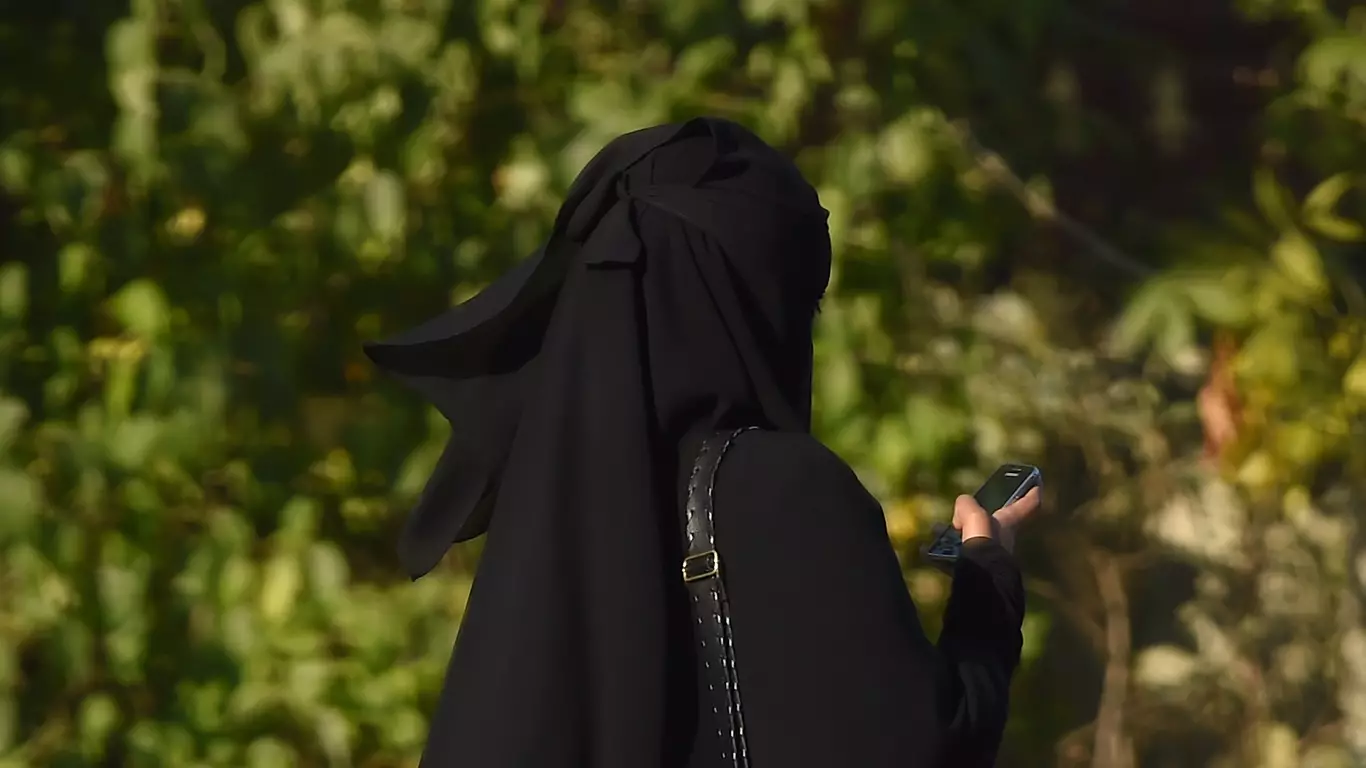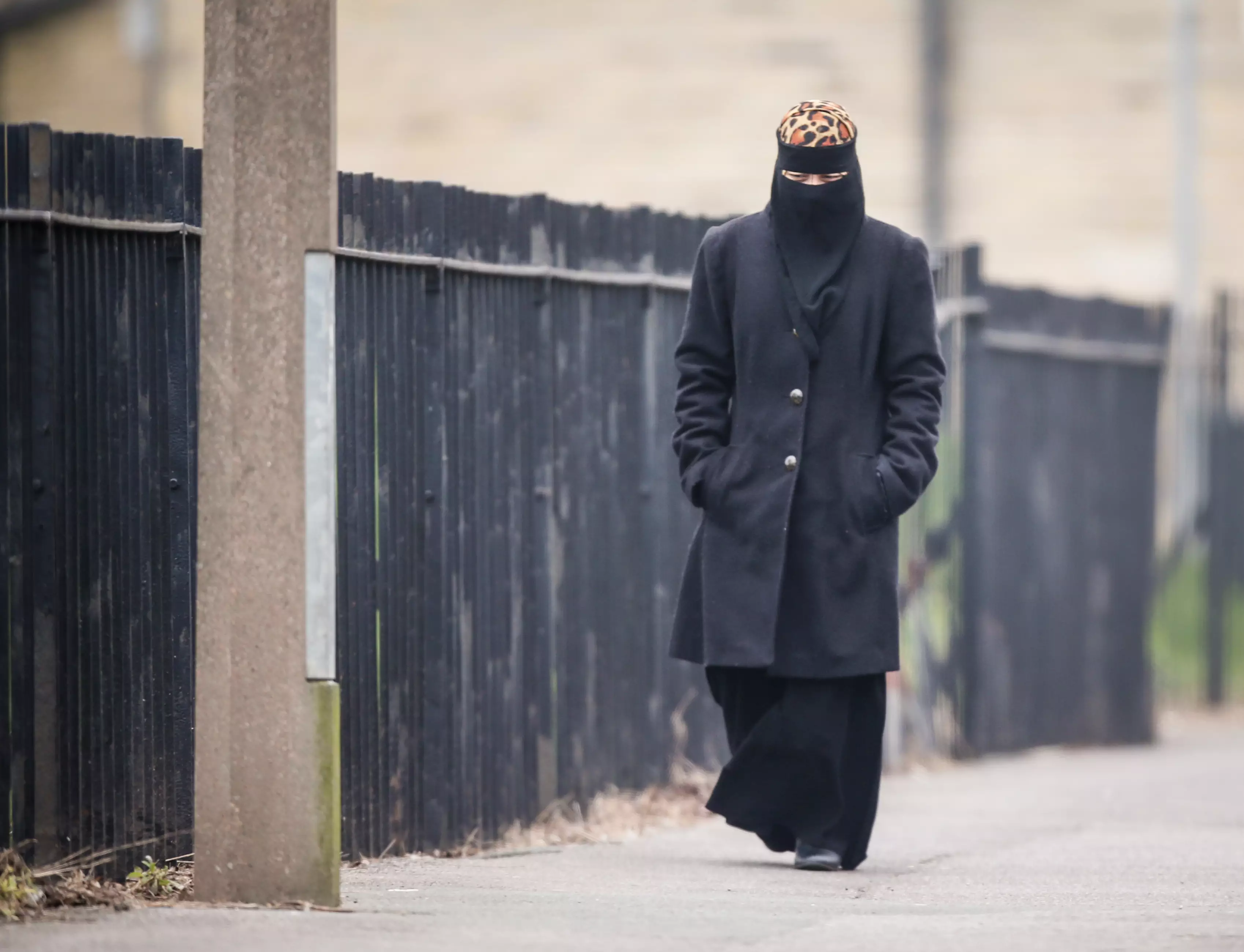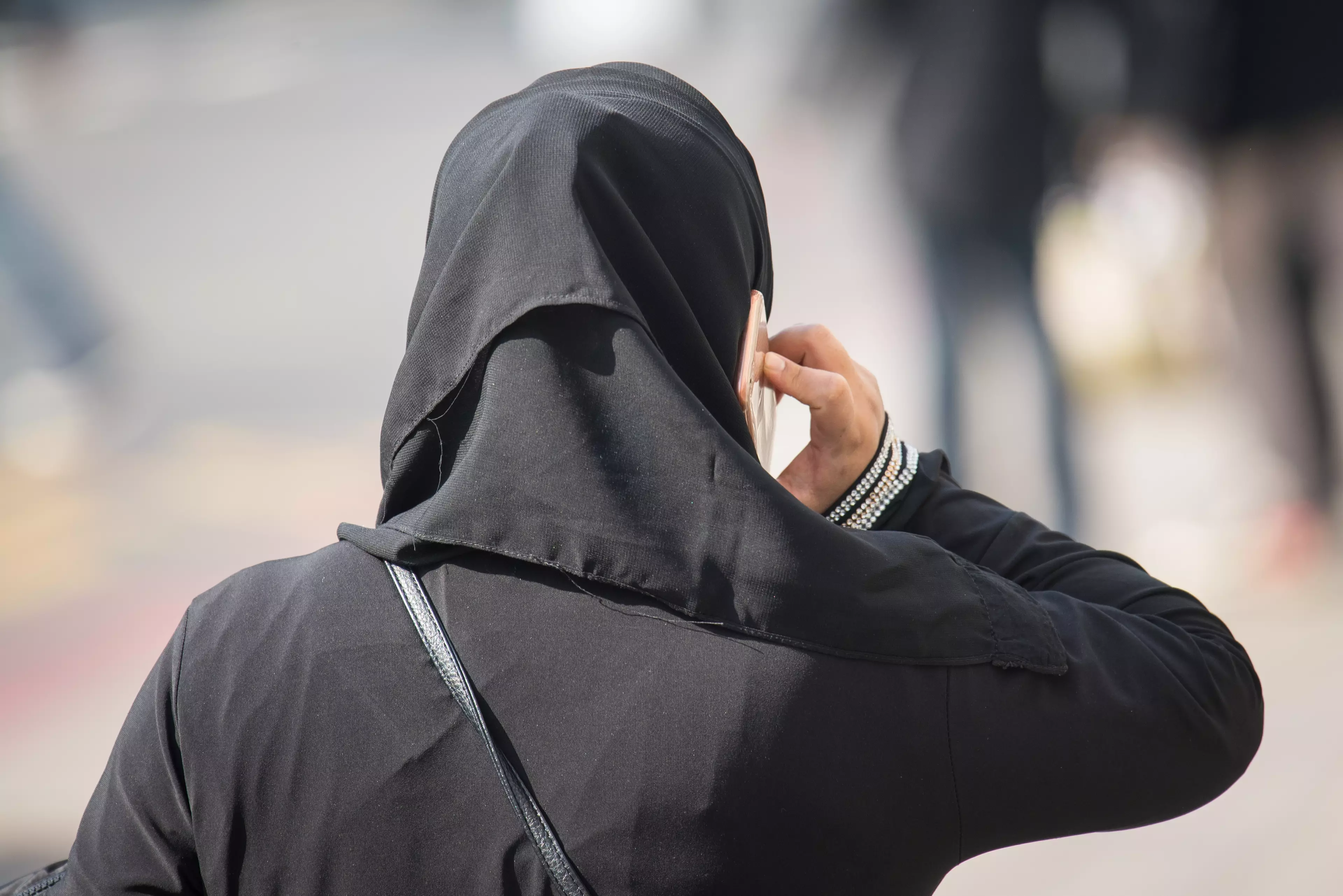
Austria's ban on face coverings has to come into force amid growing support for anti-immigration, right-wing parties in the country.
A law was passed recently that made wearing full face coverings illegal and empowering police to stop anyone wearing them, reports the BBC.
Austrian cops can now use force to remove them from anyone covering their head between the chin and the forehead, with wearers incurring a fine of €150 (£132).

Credit: PA
Advert
The law also prohibits surgical masks, ski masks, clown make-up, as well as the balaclavas preferred by black block protestors.
Austria joins France and Belgium in banning the veil, with a similar law currently under discussion in the Dutch parliament.
Burkas and niqabs, the most common forms of Islamic face coverings, are worn by a tiny minority of female Muslims, with the vast majority preferring the more commonly seen hijab or no covering at all.
Austria's Muslims are overwhelmingly of Turkish, Bosnian and Albanian descent, countries in which the veil has never been a large part of the practice of Islam.
Advert
Burkas are one-piece veils that cover the whole upper body, with a mesh screen that allows the wearer to see, while niqabs are face veils that are worn alongside the hijab headscarf.

Credit: PA
According to Carla Amina Bhagajati, a representative of the Islamic Religious Community in Austria, the new law criminalises Austrian women for following their religion and leaves Muslim women who choose to wear the veil 'restricted to their homes.'
Advert
"This open society is, in a hypocritical way, endangering its own values," Bhagajati told the Telegraph.
The move to ban the veil comes in the middle of an election campaign in which anti-immigrant parties may end up forming a coalition in government.
The far-right Austrian Freedom Party (FPÖ) is polling at around 25 percent and is a potential partner for the more mainstream Austrian People's Party (ÖVP), which currently leads the polls on 34 percent.
The Austrian Socialist Party (SPÖ), lead by current Chancellor Christian Kern, is trailing on 27 percent and may struggle to retain its majority. The SPÖ currently govern in a grand coalition with the ÖVP.
Advert
While both the SPÖ and the ÖVP are unlikely to want to govern with the FPÖ, there is some precedent for it.
They were the lesser part of the ruling coalition between 2000 and 2002, which resulted in sanctions from 16 EU countries that objected to the inclusion of the far-right in the government and saw the FPÖ as a threat to Austrian democracy.
Featured Image Credit: PA